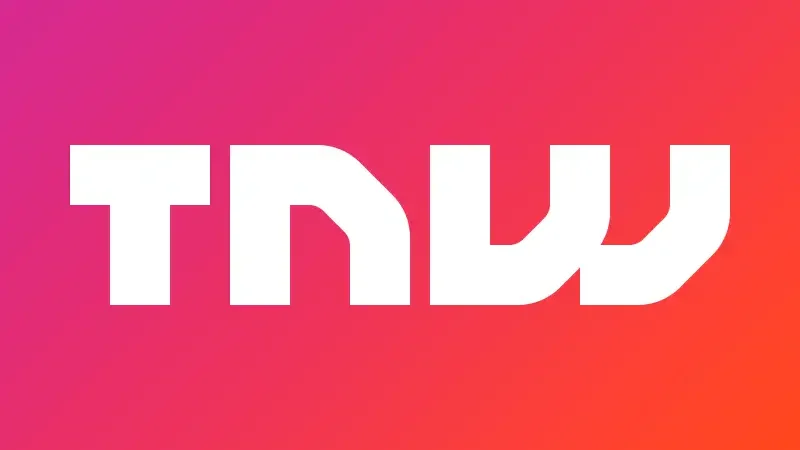Blockchain, quick guide to ‘Smart Contracts’ or smart contracts

What are Smart Contracts and what are they for? Keys to get closer to a technology that could turn the legal and financial world upside down.
Recently, in our post “Blockchain for dummies”, we told you what this new technology is and what it is for; today we want to delve into the “Smart Contracts”. Given the importance that they are taking, we are convinced that they are going to change the way of doing business as we know it today. In this post we highlight everything you need to know to understand the range of opportunities that Blockchain offers.
WHAT HAS BEEN DOING SO FAR
In the legal or financial field, TRUST – with capital letters – is a key factor; if it does not exist, it is impossible to close any type of agreement between the parties involved.
The most common practice so far has been to hire an arbitrator or lawyer, who impartially guaranteed that the agreement was fulfilled. And what role has technology played so far? Try to replicate that figure through systems and procedures that are much more integrated into our daily lives than we think. For example, “Pay pal” plays the role of that “referee” and ensures that the money is paid when the service or the purchase of a product has been made. In this case, the importance of the appearance of this entity that guarantees that both parties comply with the agreement has allowed electronic commerce, whose greatest barrier was the fear of fraud or fraud, to stand out and today you can buy practically any thing and for almost any amount from any point.
WHAT ARE SMART CONTRACTS AND HOW DO THEY WORK?
The “Smart Contracts” collect all the clauses and information of any physical contract in the form of code and store them in its block chain, in such a way that the figure of an “arbitrator” is not needed and it is also impossible to modify any detail due to how Blockchain technology works ( Don’t you remember? Check our previous post).
But it’s not just about storage. That code is interpreted and without the intermediary of a third party, it automatically executes what those clauses include.
As always, we like to illustrate it with examples from everyday life: it’s like a cigarette vending machine, there doesn’t need to be a vendor delivering the product to ensure that when you put the money in, you get the pack of cigarettes. We trust the technology behind it and we know that when the stipulated amount is reached, the product will be delivered and the exact change if the amount delivered was greater.
The concept of “Smart Contracts” was defined in 1997 by a cryptographer and jurist named Nick Szabo . At that time it was nothing more than pure theory because there was no “Blockchain” technology. The appearance of the “blockchain”, which allows the execution of certain programmed actions in a “ledger” that is shared and validated by several to guarantee security, is precisely what has made it possible to turn this concept into a reality.
When an agreement is reached, it is collected with all the clauses that regulate it in code format for blockchain. The signing parties remain anonymous because the information is encrypted, but not what appears in the “ledger”, which will be public. The system works under the premise of “If – then” , (IF X happens, THEN Y will happen), so any condition that is contemplated will suppose that an action is executed. For example, it could be an expiration date or a price that has been reached, or any other key event, which will automatically execute what was stipulated to happen, charge a payment to the account, expire the validity of a contract, etc.
PLATFORMS THAT ARE ALREADY USING “SMART CONTRACTS”
Currently there are already some Blockchain platforms where “Smart Contracts” are being used:
Bitcoin: It is a site that uses this type of contract basically to carry out transactions with this currency.
Side chains: This is another of the names given to “Blockchain” and that complements “Bitcoin” transactions, offering some “Smart contracts” with a slightly more open approach.
NXT: This “Blockchain” platform has some “Smart contract” templates but nothing new can be coded, so they have to be used as they are offered.
Ethereum : This platform is the most advanced as far as “Smart Contracts” are concerned. It allows encoding whatever the user wants but must pay with “ETH tokens”.
ADVANTAGES OF SMART CONTRACTS
There are many:
Autonomy: A lawyer or arbitrator is not needed to sign a contract or agreement.
Confidence: The documents are encrypted and validated by several, which makes it almost impossible for them to be lost or changed.
Security: It is guaranteed by encryption and that the same information is validated in several blocks at the same time.
Speed : Being self-executing, the intervention of third parties or manual actions is not needed, so there is immediacy.
Savings: Not having to pay an “arbitrator” to guarantee that what is included in the contract is fulfilled.
Accuracy: Knowing that what is executed is exactly what the contract says, there are no errors by preventing people from intervening to carry out the actions involved.
Backup: There is no possibility of losing the information as it is stored in several different blocks.
INDUSTRIES WHERE THIS TECHNOLOGY WILL BE USED ELSE:
Government and public administrations : To guarantee the privacy of voting, digital security and everything related to the information handled by public administrations and that requires the execution of an event, offering the possibility of significant savings in time, money and structures. On the other hand, when it comes to legislating, having visibility of all types of contracts and agreements signed and how they are executed, will also allow regulators to learn about what is happening, what needs are emerging and make decisions based on reality, .
Automobile: In our post about the IOT we mentioned that vehicles are already some of the most connected devices. The automobile industry will be one of the markets that needs services the most, for example, to pay for parking, taxes, insurance, and also in case of accidents to determine causes and responsibilities.
Insurance companies: Not only for the motor market, but for all types of policies that need renewals, communications, cancellations, executions…
Banking: Absolutely everything that refers to this sector is included in contracts that on many occasions can be automated, as well as payments, transfers of amounts, maturities, etc.
Health: Not only to store patient records in an encrypted and secure manner, allowing access only to authorized persons or entities, but also to automatically authorize tests or interventions that cover certain policies, etc.
Real estate market: Both for the purchase of homes and to control the rental market.
Transportation: In the words of Jeff Garzik : “UPS can execute contracts that say, ‘If I get a cash on delivery somewhere in a developing emerging market, then this other [product], many, many connections in the supply chain, will cause the vendor to create a new record as that product has just been delivered to that developing market.’”
Auditors: Also in the words of Jeff Garzik : “Once you have ‘Smart Contracts’ that are automatically executable, validated by a computer, auditors can also look down from 50,000 feet and have almost a real-time audit.”
Finally, in the world of business management and organization in general, an almost infinite range of possibilities opens up that will change the way in which daily tasks are carried out as we know them today.
THE FUTURE WITH SMART CONTRACTS
But the use of this technology does not mean that lawyers are not needed. One of the key parts of the law is the “interpretation” and that will have to continue to be done by a person. Probably some professional profiles will change, having to incorporate law firms that are specialized in coding.
Some unknowns have also not been resolved, such as “what happens if there is an error when encoding?” or “what if there are external causes that are above what these contracts collect?”. What is clear is that “Smart Contracts” are changing the way of doing business as we know it, and there are many possibilities that are already available to any company to be able to take advantage of all its advantages.






